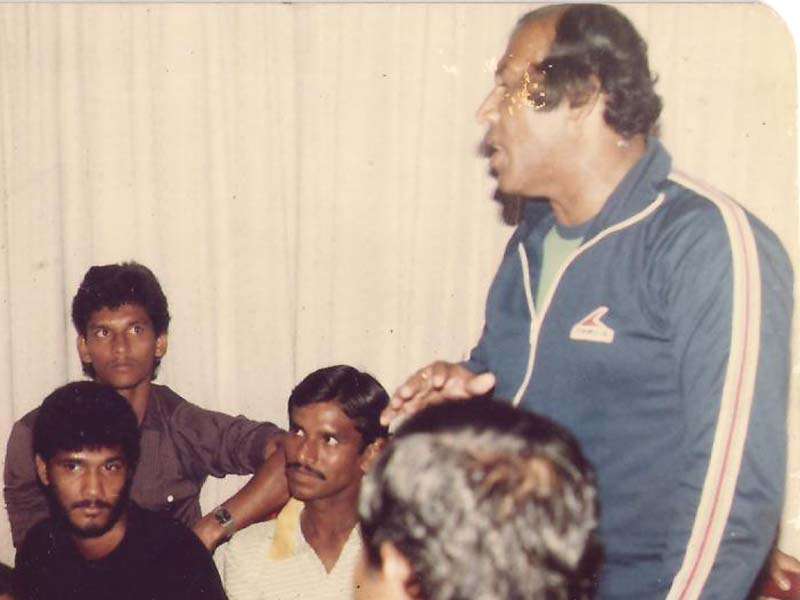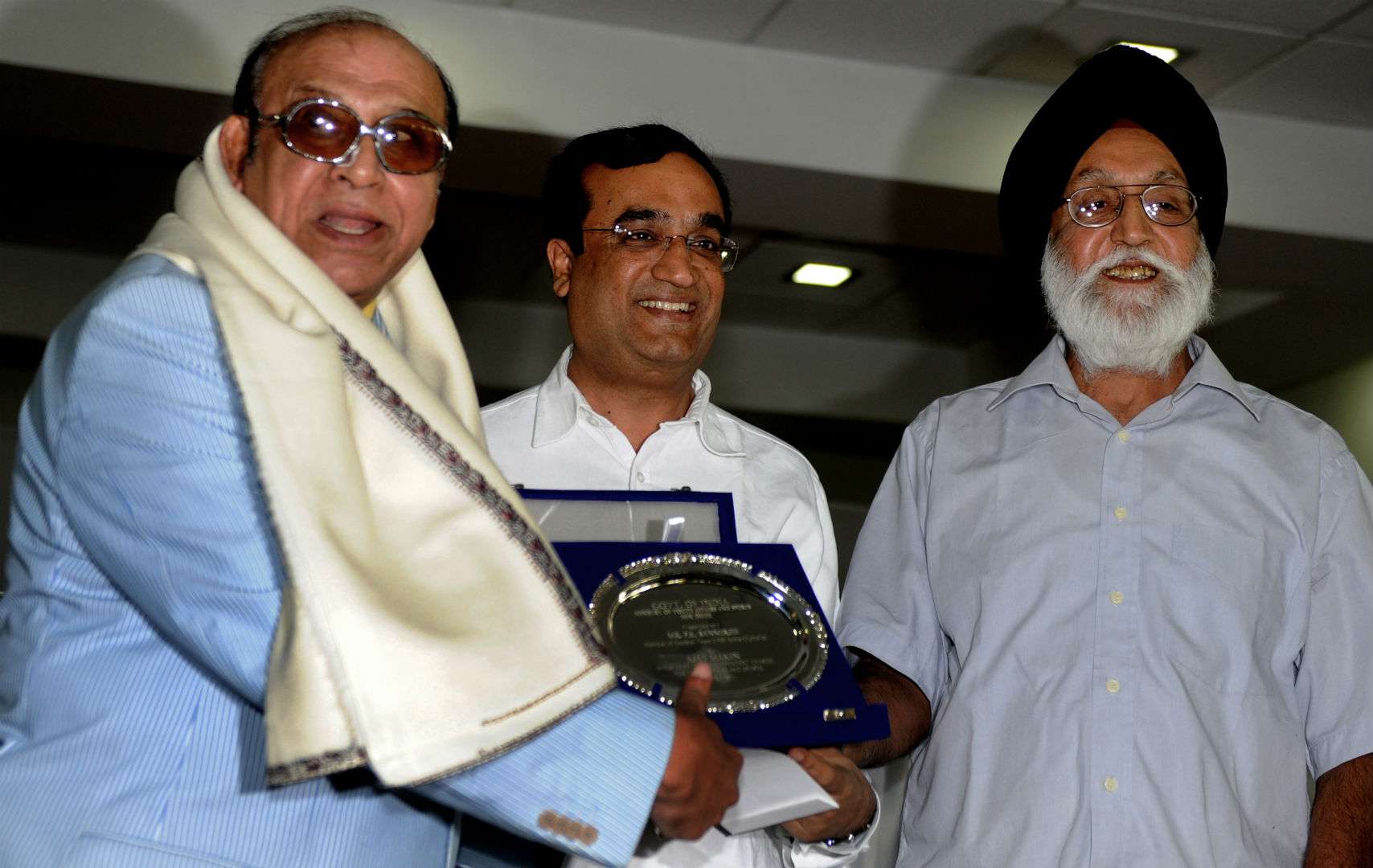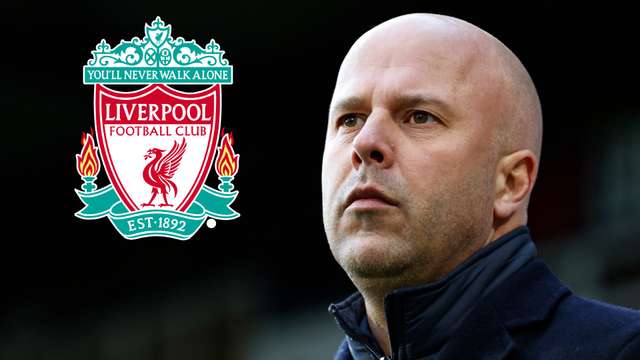Pradip Kumar Banerjee, popularly known as PK Banerjee, is a crowning example of a rags-to-riches story. His early life was abject with poverty and hardship.
He was born in 1936, in Moynaguri, a small town in the North of Bengal, to a family of modest means. His father Provat Banerjee was a junior employee in the government earning a meagre salary which would hardly meet both ends of a family comprising of his wife, seven children, paternal grandmother, aunts, uncles and cousins.
PK was the eldest sibling and therefore, felt the burden of a family reeling under financial distress. In 1941, his family shifted base to Jalpaiguri before heading towards Calcutta en route Jamshedpur after partition. It was in Jamshedpur that he continued his schooling and even appeared for Bihar in Santosh Trophy in 1951.
His family soon moved to Calcutta and this was the toughest phase in his life as he would later admit. His clan would roam around in the city as refugees and would consider himself lucky if he managed to get a meal in a day. To further complicate matters, his father passed away soon with an entire family to support at the behest of a young PK.
But the aspiring footballer never gave up and at times, even played on an empty stomach. It was football that helped PK land his first job at the tender age of 15 when he was recruited by Indian Cable Company on a salary of Rs 135. He shifted to Indian Railways as a ticket collector in 1953 as the job would have paid him two rupees more than his then-current salary.
Although he was struggling to provide for his family, his exploits on the field went on to impress the national selectors. In 1954, he went on to join Aryan and but a year later, had to shift to Eastern Railway as he was an employee of the Railways. It was under his leadership from the front that Eastern Railway became the Calcutta Football League (CFL) champion in 1958 ahead of the likes of Mohun Bagan, East Bengal, and Mohammedan Sporting.
In 1955, he got his maiden call up for India in a Quadrangular Tournament held in Dhaka. He made his debut against Sri Lanka and was an instrumental figure in India's win against Pakistan in the final.
He was named in the Indian team for the Melbourne Olympics in the following year and thus, he became an Olympian at the age of 20. After India were lucky to get a walkover from Hungary in the first round they went up against Australia in the round of eight. Neville D Souza stole the show with a hat-trick and with PK assisting on two occassions. India occupied the fourth position after losing to Yugoslavia in the semis and then to Bulgaria in the third-place match.
In the 1960 Olympics, PK would go on to score the most high-profile goal of his career. In a group-stage encounter with France, the Eastern Railways player scored a vital equaliser which helped India secure their only point after losing out to Hungary and Peru respectively.
In the 1962 Asian Games, India grabbed the gold medal and PK along with Chuni Goswami were the star performers. Against Thailand, he scored a brace and also netted in the final against the mighty South Koreans along with Jarnail Singh.

PK's exploits as a football coach are also noteworthy. He was in charge of the Indian football team from 1972 to 1986. Simultaneously he was at the helm of some of the top clubs in India, including East Bengal and Mohun Bagan.
As a coach, he always emphasized defensive solidarity. Under his guidance, East Bengal saw their golden period in Kolkata football as they won four of their six consecutive Calcutta Football League titles. He was also the coach of East Bengal when they famously trounced Mohun Bagan 5-0.
In 1997, when Amal Dutta's Mohun Bagan was flying high playing with a midfield diamond, it was PK's East Bengal who brought them to their knees handing the Mariners a crushing 4-1 defeat at the Salt Lake Stadium.
Remarkably, he also found success with Mohun Bagan as the century-old club in 1977 won the treble - IFA Shield, Rovers Cup, and Durand Cup
Even as the national team coach, he masterminded India's bronze medal win in 1970 Asian Games.
PK was one of the first recipients of the Arjuna Award as he received the prestigious honour in its inaugural edition along with cricketer Saleem Durani amongst the others. In 1990, he was awarded the Padma Shri and was also conferred with the title of Indian Footballer of the 20th Century by International Federation of Football History & Statistics. But in 2004, he received the crowning jewel in the form of FIFA's Order of Merit, for his enormous contribution to the development of Indian football.




.jpg?auto=webp&format=pjpg&width=640&quality=60)